Listing of Books
- Volume 1: Quaker Perspectives in Higher Education (2014)
- Volume 2: Befriending Truth: Quaker Perspectives (2015)
- Volume 3: Quakers and Literature (2016)
- Volume 4: Quakers, Business, and Industry (2017)
- Volume 5: Quakers, Politics, and Economics (2018)
- Volume 6: Quakers, Creation Care, and Sustainability (2019)
- Volume 7: Quakers, Social Work, and Justice Concerns (2020)
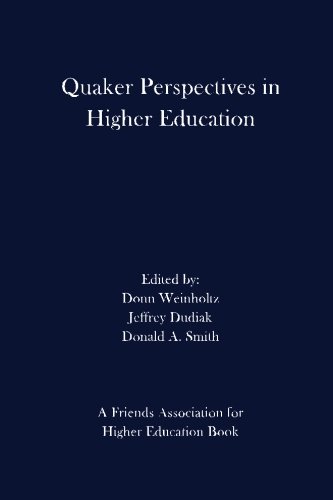
FAHE draws Quaker educators together from multiple disciplines, and our book series featuring Quakers and the disciplines is already making a difference. In our first volume, Quaker Perspectives in Higher Education edited by Donn Weinholtz, Jeff Dudiak, and Donald Smith, some three-dozen Quaker educators wrote on topics ranging from environmental concerns to Quaker pedagogy.
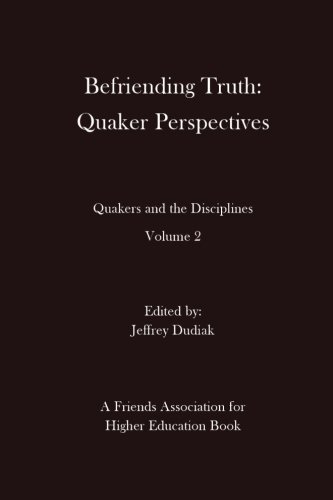
Befriending Truth: Quaker Perspectives: Quakers and the Disciplines: Volume 2, edited by Jeff Dudiak, covers the seeking of truth in the classroom and beyond. It would serve well in philosophy and pedagogy classes, and capstone courses for majors and general education within Quaker and like institutions. Print and electronic versions are available from Amazon and Barnes & Noble.
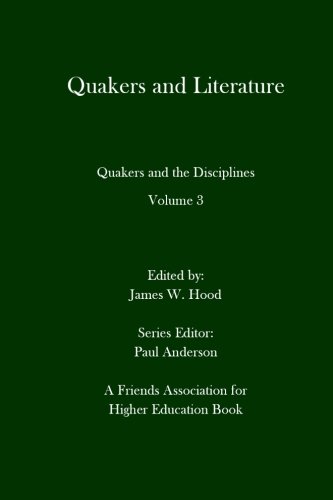
Jim Hood edited our third volume, Quakers and Literature: Quakers and the Disciplines Volume 3. This collection is essential reading for literature and humanities seminars, showing the ways Quakers have not only been “publishers of truth” but have also furthered the truth in a number of written forms.
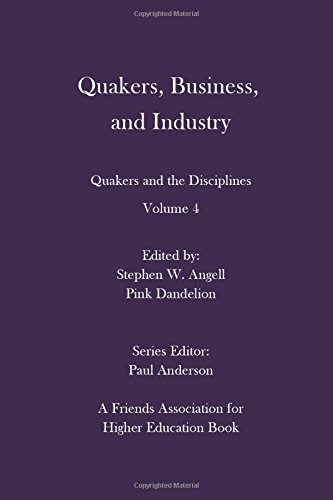
Many of the essays in Quakers, Business, and Industry: Quakers and the Disciplines: Volume 4, were presented at our 2016 conference at Woodbrooke Quaker Study Centre in Birmingham, England. Editors Ben Pink Dandelion and Steve Angell devised 16 chapters divided into four sections: “Quakers and Enterprise,” “Quaker Pioneers,” “Quakers and Social Responsibility,” and “Shifting Patterns.” This collection would be of interest to students of business, technology, engineering, and social work—among other disciplines—and we believe the world will be a better one because of its impact.
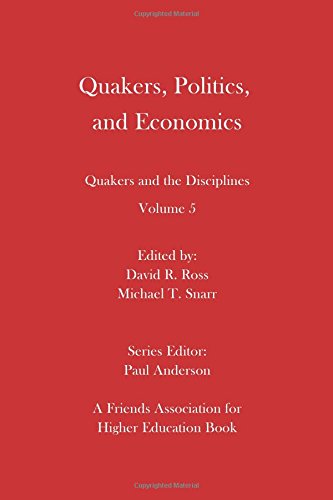
Our 2017 conference at Guilford College presented the disciplinary interest Quakers, Politics, and Economics, with editors David Ross and Michael Snarr. Chapters contributed by 20 Quaker scholars look at historical figures as well as current Quaker perspectives on contemporary economic issues.
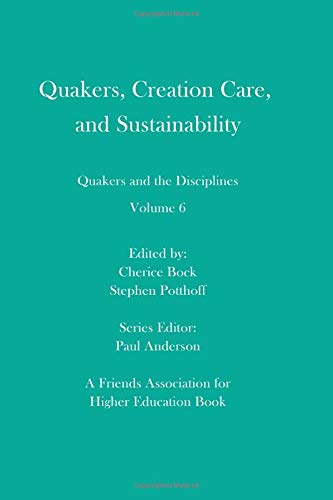
In June, 2019, co-editors Cherice Bock and Stephen Potthoff were pleased to present Volume 6, entitled Quakers, Creation Care, and Sustainability. In this unprecedented gathering of essays on ecology, creation care, and sustainability, over two dozen Quaker authors and scholars address some of the most pressing concerns of our day. Beginning with Quaker themes historically, essays also move toward developing a Quaker ecotheology, discuss Quaker approaches to the environment within academic disciplines, and share stories of sustainability—both individually and organizationally. As a disciplinary contribution to the world from the Friends Association for Higher Education, this book not only reports on ecotheology in action, it also contributes to its furtherance with the discussion questions at the end of each section and an expansive bibliography. An excellent resource for study groups or the classroom, readers concerned about the environment, climate change, and the role of people of faith in caring for the planet will find this volume a must-read.
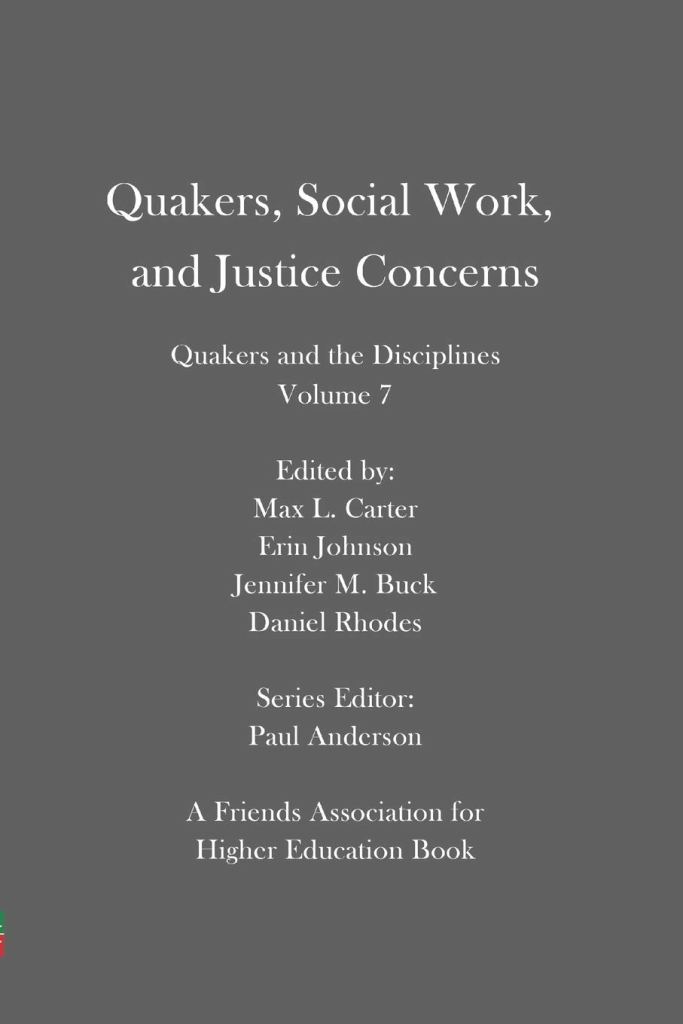
In Volume 7: Quakers, Social Work, and Justice Concerns, ten authors apply theory and history of Quaker work for social change in offering insight into how Friends have approached social work. The collection of essays is divided into three sections. The first considers theory of social work and change. A second section looks at individual Quakers’ lives and their work. The third section considers collective work of Friends in addressing social issues.
Our next conference, at Earlham College and Earlham School of Religion, tentatively scheduled for June, 2021, will include a disciplinary theme of Quakers and Peace Work, which will yield chapters for Volume 8.
FAHE Book Committee invites book-subject topics for future editions, as we cover Quaker contributions across the disciplines, such as Psychology & Mental Health, Science & Medicine, Bible & Theology, Food Sciences, Spirituality & Religion, and the Arts. Potential contributors and editors, please contact the Book Committee.
